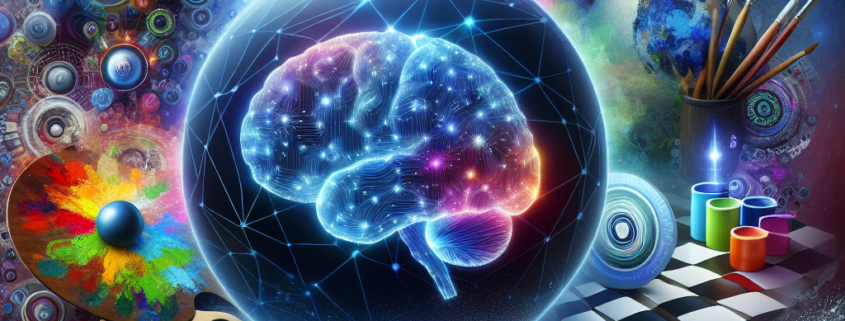The marketing landscape is undergoing a significant transformation with the increasing adoption of artificial intelligence (AI) tools. While AI has the potential to automate many tasks, it is not replacing marketing roles entirely. Instead, it is shifting the focus of these roles to more strategic and creative responsibilities.
### Current Role Titles in Marketing
Marketing roles today are diverse and encompass a wide range of responsibilities. Some common roles include:
1. **Marketing Manager**: Oversees marketing strategies and campaigns, ensuring alignment with business objectives.
2. **Digital Marketing Specialist**: Focuses on digital marketing channels, such as social media, email, and search engine optimization (SEO).
3. **Content Creator**: Develops content for various marketing channels, including blogs, videos, and social media posts.
4. **Data Analyst**: Analyzes data to inform marketing strategies and measure campaign effectiveness.
5. **Product Marketing Manager**: Promotes products or services to specific target audiences.
### Impact of AI on Marketing Roles
AI is significantly impacting marketing roles by automating repetitive tasks and enhancing efficiency. Some of the tasks AI is taking over include:
1. **Data Collection and Analytics**: AI can collect and analyze data much faster and more accurately than humans, freeing up time for more strategic analysis.
2. **Content Creation**: AI tools can generate content, such as blog posts and social media posts, but they lack the creativity and nuance that humans bring.
3. **Customer Service**: Chatbots and other AI-powered tools are increasingly used for customer service, handling routine inquiries and freeing up human customer service representatives for more complex issues.
### Shift in Required Skills
As AI takes over routine tasks, marketing roles are evolving to focus on more strategic and creative responsibilities. The skills required for these roles are shifting to include:
1. **Creativity**: Human creativity is essential for developing unique marketing strategies and campaigns that resonate with audiences.
2. **Strategic Thinking**: Marketing professionals need to think strategically about how to leverage AI tools and data insights to drive business outcomes.
3. **Interpretation of AI Results**: Understanding how to interpret AI-generated data and insights is critical for making informed marketing decisions.
### Future of Marketing Roles
While AI is transforming marketing roles, it is unlikely to completely replace them. Marketing roles will continue to exist, but with a focus on higher-level tasks that require human creativity, empathy, and strategic thinking. AI will enhance the capabilities of marketers, enabling them to make more informed decisions and execute more effective marketing campaigns.
### Conclusion
AI is revolutionizing the marketing industry by automating many tasks and enhancing efficiency. However, it is not replacing marketing roles entirely. Instead, it is shifting the focus of these roles to more strategic and creative responsibilities. Marketing professionals will need to adapt by developing new skills and leveraging AI tools to stay competitive in the industry.



